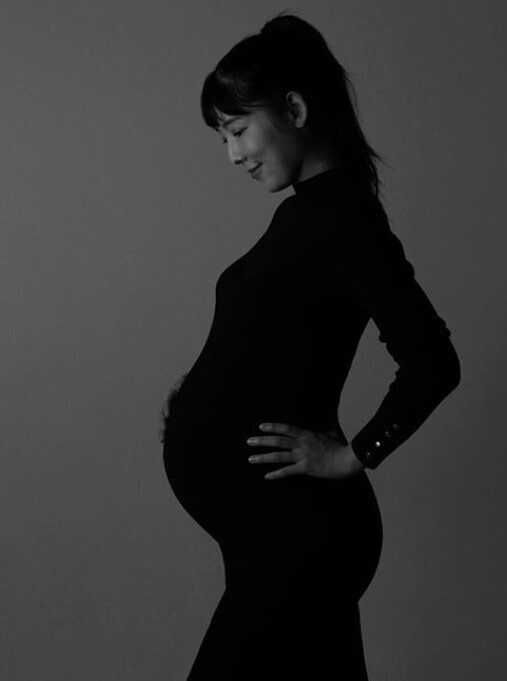News that Sayuri Fujita, a Japanese celebrity based in Korea, gave birth using a sperm donor without getting married last month sparked discussions about single mothers by choice on online platforms. As more and more women choose to remain unmarried, becoming a single mother is becoming an increasingly popular option for those who still want to have children.

Nevertheless, voluntarily becoming a single mother is still difficult in Korea. Not only are there no medical centers that offer in-vitro fertilization for unmarried women, the traditional Confucian ideology embedded in Korean society, especially in older generations, tends to portray single mothers in a negative light.
The first question a single mother would likely face is, “But… why?” Although the desire to form a family and raise a child is understandable, the thought of undergoing this process without the presence of a supportive partner is less intuitive. Physical and emotional support is needed to overcome the challenges of pregnancy and upbringing. It can be argued that the absence of a partner is not ideal because it places all the burden of family care solely on the mother. However, this can be overcome with a robust support system of family and friends.
Realistically speaking, economic stability is another issue that needs to be discussed. This argument hits harder under the stereotype that the father earns money to provide for the child, while the mother takes on the role of childcare, which is still a prevalent convention in Korea. Yet in today’s world, women are more financially independent and the income disparity is not as large. You may ask, if unmarried mothers have to devote their time to raising children, wouldn’t it be difficult for them to maintain their jobs and incomes? It is true that finding a balance between spending time with family and working may be difficult to achieve alone. However, those who consider sperm donation to conceive a baby are likely to already be economically stable, since the procedure itself costs more than 1,000 USD per attempt and it is well-known that huge costs go into raising a child. Taking this into account, the financial issue may not be as serious as is frequently made out to be.
Perhaps it is easier to accept that single motherhood is a choice that the individual is willing to take responsibility for. A more difficult question revolves around the well-being of the children themselves growing up in an unconventional environment.
An important argument to be considered is that a single mother cannot completely fill the role of a father. There are criticisms that having a child for the sake of the mother’s happiness is selfish; this argument is based on the traditional image of a father’s role, which tends to be more authoritative and inclined towards physical activities such as sports, and thus lacking a father may negatively influence the development of a child’s identity. However, these conventional roles are a generalization that does not account for individual personalities. Mothers are capable of providing a sense of security, challenging their children, and accompanying them to sports events. Additionally, interactions outside of the family are also important in shaping the child’s identity. The engagement of “all” members of a family is what is important for a child.
It is important to recognize that single mother families are different from the majority of families and are thus subject to judgment in a society where stereotypes are still prevalent and atypical families are not accepted easily. For children, realizing that their “normal” is abnormal and experiencing this social stigma may come across as a source of stress. I, for one, can’t imagine how I would feel if I never knew my father in the first place, and the same would go for those who have not been through the same situation. Amidst our own biases shaped by our familial circumstances, it is difficult for us to predict if children would be able to understand their circumstances and their parent’s decisions. However, the burden should not fall on the children to adjust to societal stereotypes; rather, the biased public perception of a “normal family” should shift to respect and accept families that differ from the norm.
It must be acknowledged that it is not wrong to have opposing opinions; people are bound to have different values and beliefs. We cannot deny the fact that some of these criticisms are valid and need to be addressed. The true problem arises, however, when concerns for the consequences of single motherhood become attacks for not following the norm.
In recent years, the definition of “family” has been becoming broader, from traditional married couples to adopted families, unmarried couples, the LGBTQ community, and so on. What seems to matter most is not the form of family, but the responsibility and devotion of an individual to their family. Instead of indiscriminately criticizing what deviates from the typical, shouldn’t we be understanding and encouraging of single mothers’ decisions?

